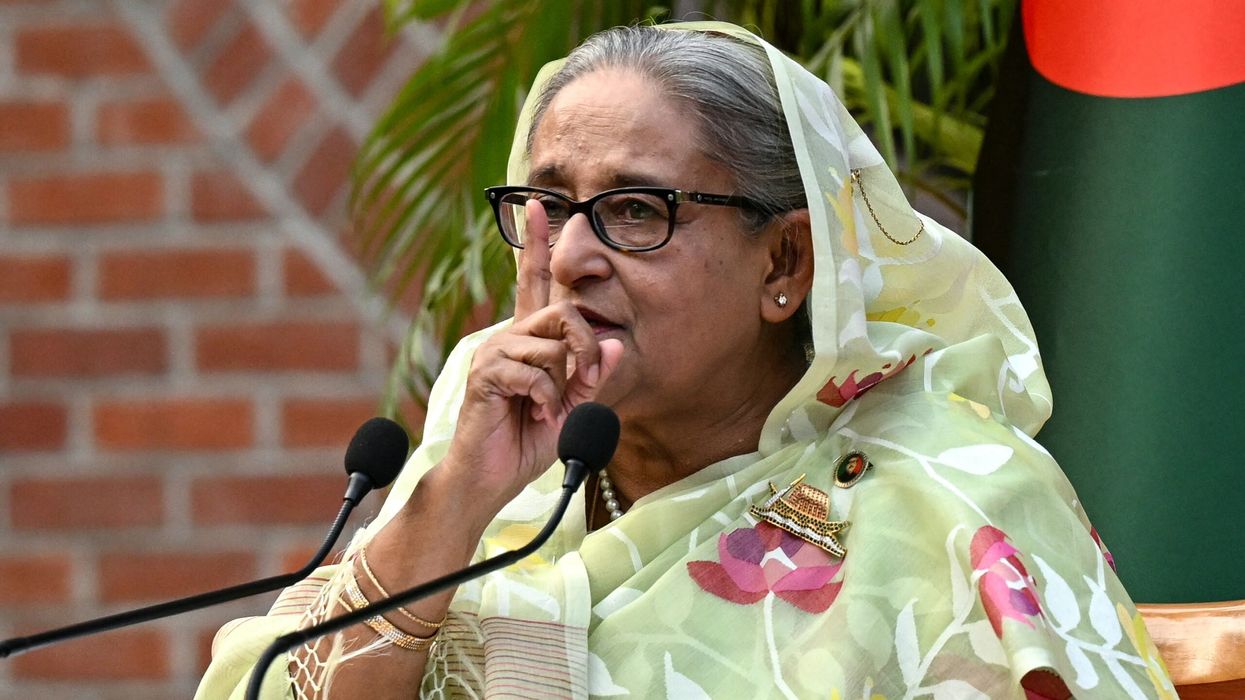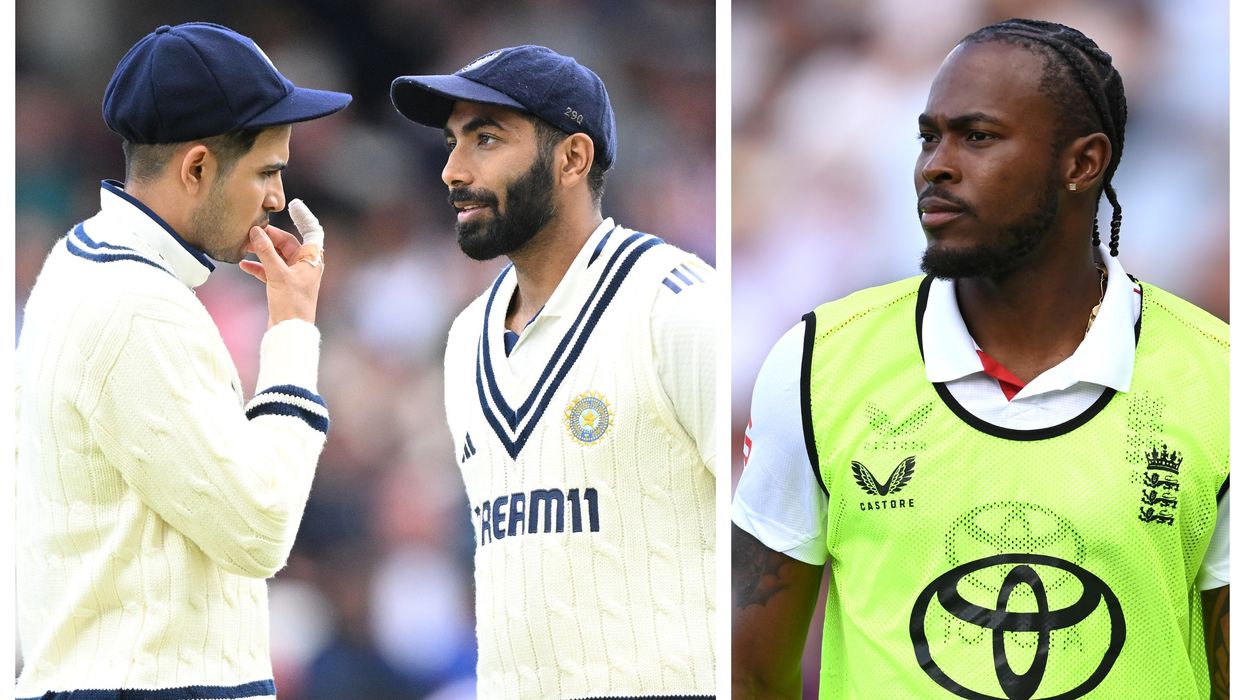A TERRORIST attack in the Baisaran Valley of Kashmir’s Pahalgam area on Tuesday killed 26 people, mostly tourists, and left several others injured.
The attackers opened fire in the crowded tourist spot before fleeing into the surrounding forest. It is the deadliest attack on civilians in Kashmir in 25 years.
India has blamed militants with "cross-border linkages" for the incident. According to police notices, two of the suspects identified are Pakistani nationals.
Indian officials say the attack had support from across the border, though no proof has been publicly shared.
Pakistan has rejected the claims, calling them "frivolous" and lacking "verifiable evidence". It said India must take responsibility for its "failure to provide security".
Since the attack, both countries have taken a series of diplomatic, military and trade-related actions. Here are the five key developments since the attack:
1. India and Pakistan exchange fire at LoC
Indian and Pakistani troops exchanged fire along the Line of Control in Kashmir, officials said on Friday.
A Pakistani official told AFP that the firing did not target civilians.
India’s army said the incident involved small arms fire "initiated by Pakistan" and was "effectively responded to". On Thursday, India’s air force and navy conducted military exercises.
2. Starmer calls Modi
Prime minister Keir Starmer spoke to Indian prime minister Narendra Modi on Friday. Starmer said he was "horrified" by the attack and conveyed condolences on behalf of the British people.
A Downing Street spokesperson said both leaders agreed to stay in touch.
India’s Ministry of External Affairs said Starmer strongly condemned the "barbaric terror attack".
3. India suspends Indus Water Treaty
India has suspended the Indus Water Treaty (IWT) with Pakistan. The treaty, signed in 1960, regulates the sharing of the Indus River and its tributaries.
Indian foreign secretary Vikram Misri announced the decision on Wednesday.
Pakistan has warned that any attempt to stop or divert water will be seen as an act of war.
4. Homes of suspects demolished in Kashmir
Indian security forces demolished the houses of two Indian nationals accused of being part of the group behind the attack.
The men, Adil Hussain Thoker and Ashif Sheikh, were not present during the demolitions.
Police said they belong to The Resistance Front, an offshoot of Lashkar-e-Taiba, and have been active for years.
Wanted posters have also been issued for Pakistani nationals Ali Bhai and Hashim Musa.
5. Diplomatic and trade ties scaled down
India and Pakistan have declared each other’s defence advisors persona non grata and reduced embassy staff. The countries have suspended special South Asian visas and closed their only open land border.
Pakistan has halted all trade with India, including through third countries, and closed its airspace to Indian-owned or Indian-operated airlines.
Invoking the Simla Agreement, Pakistan said it will hold all bilateral pacts in abeyance unless India adheres to international law and UN resolutions on Kashmir.
It reiterated its demand for credible investigation into the attack and asked India to avoid a "reflexive blame game".
(With inputs from agencies)



















